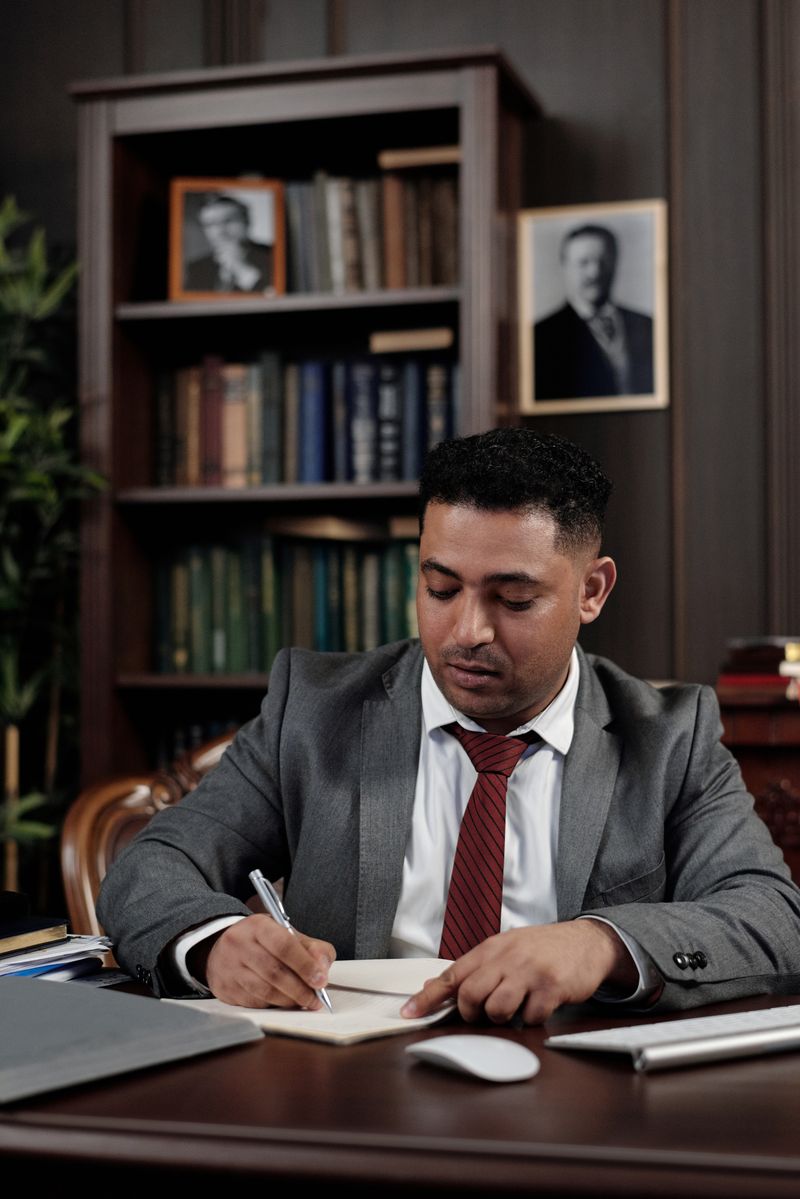The Tragic Story of the Kowalski Family: A Netflix Documentary Raises Questions on Medical Misdiagnosis and Parental Rights
Introduction
In a new Netflix documentary titled “Take Care of Maya,” the harrowing story of the Kowalski family is brought to light. Dealing with a sick child, the family’s struggles with the healthcare system and accusations of abuse have triggered a nationwide debate on medical misdiagnosis and parental rights. The documentary explores the heartbreaking journey of the Kowalski family while shedding light on the complexities of a mental disorder known as Munchausen syndrome by proxy. Viewer discretion is advised due to the sensitive nature of the content, including mentions of suicide, abuse, and trauma.
The Kowalskis’ Ordeal
Back in 2016, the Kowalski family admitted their 10-year-old daughter, Maya, to Johns Hopkins All Children’s Hospital in St. Petersburg, Florida. Maya was suffering from abdominal pain and was diagnosed with complex regional pain syndrome (CRPS), a neurological disorder characterized by extreme sensitivity to stimuli. The pain radiated through her legs and feet, compelling her to use a wheelchair.
However, instead of receiving support and guidance from the medical professionals, the Kowalskis found themselves under suspicion. The hospital staff believed that Maya’s parents, Beata and Jack Kowalski, were possibly engaged in criminal behavior. The Department of Children and Families (DCF) was called to investigate the situation based on the suspicion that Beata was suffering from Munchausen syndrome by proxy.
Munchausen syndrome by proxy is a rare mental disorder in which a caregiver, usually a parent, either causes or fakes symptoms in a child to make them appear sick. This disorder, as portrayed in Hulu’s “The Act,” can have devastating consequences for both the victim and the caregiver involved. The accusation against Beata led to the separation of Maya from her parents, placing the 10-year-old under state custody and isolating her from her family.
A Desperate Plea and Tragic Outcome
The situation continued to intensify, and the toll it took on Beata became too much to bear. Tragically, Beata died by suicide shortly after being separated from her daughter. In an email discovered after her death, Beata expressed her anguish, stating she could no longer endure the pain of being away from her daughter and being treated like a criminal. She could not bear to witness her daughter suffering and deteriorating further.
Less than a week after Beata’s death, Maya was released back into her father’s custody. The Kowalskis have filed a lawsuit against the hospital, and the trial is set to begin in September 2023. Jack Kowalski, along with his children, is still living in Florida, seeking justice not only for their late wife and mother but also to raise awareness about Munchausen syndrome by proxy. They want Beata’s and Maya’s voices to be heard.
Unanswered Questions and the Battle for Justice
The Kowalski family’s story highlights several pressing issues within the medical and legal systems. The misdiagnosis of Maya’s condition and subsequent accusations against her parents have raised concerns about the healthcare system’s ability to understand and address complex medical conditions. The case also shines a light on the delicate balance between protecting children and preserving parental rights.
While Munchausen syndrome by proxy can lead to severe harm for the child involved, wrongly accusing parents of this disorder can have devastating consequences. It is crucial for medical professionals to approach such cases with empathy and thorough investigation, ensuring they uphold their duty to provide proper care while simultaneously safeguarding the rights and well-being of families.
Conclusion: Seeking Healing and Justice
As the Kowalski family continues to prepare for the upcoming trial, their journey serves as a reminder of the importance of empathy, understanding, and careful consideration when dealing with complex medical cases involving children. The tragic outcome of this story underscores the need for improved awareness and training among healthcare professionals to prevent misdiagnoses and potential harm to both patients and their families.
Furthermore, it is essential for society to engage in meaningful discussions on the delicate balance between child protection and parental rights. While ensuring the safety and welfare of children is paramount, it is crucial to avoid prematurely accusing parents without substantial evidence.
The Netflix documentary “Take Care of Maya” not only brings attention to the Kowalski family’s ordeal but also sheds light on broader social issues. It prompts essential conversations on medical misdiagnosis, mental health support, and the need for compassionate and informed care within the healthcare system. By advocating for justice and raising awareness, the Kowalski family hopes to achieve healing and prevent others from enduring similar struggles in the future.

<< photo by Karolina Grabowska >>
The image is for illustrative purposes only and does not depict the actual situation.
You might want to read !
- The Battle on the Pitch: Argentina vs Indonesia, Live Streamed for All!
- Where to Catch the Action: Argentina vs Indonesia Live Stream and TV Channel Guide
- Sydney’s Seismic Shakeup: A Close Encounter with Earth’s Trembling Force
- Outlander season 7 episode 1 recap: Staying Strong Through All Odds: The Unbreakable Bond of the Frasers
- Trusting Kate: A Look at the Times the Duchess of Cambridge has Represented the Royal Family




